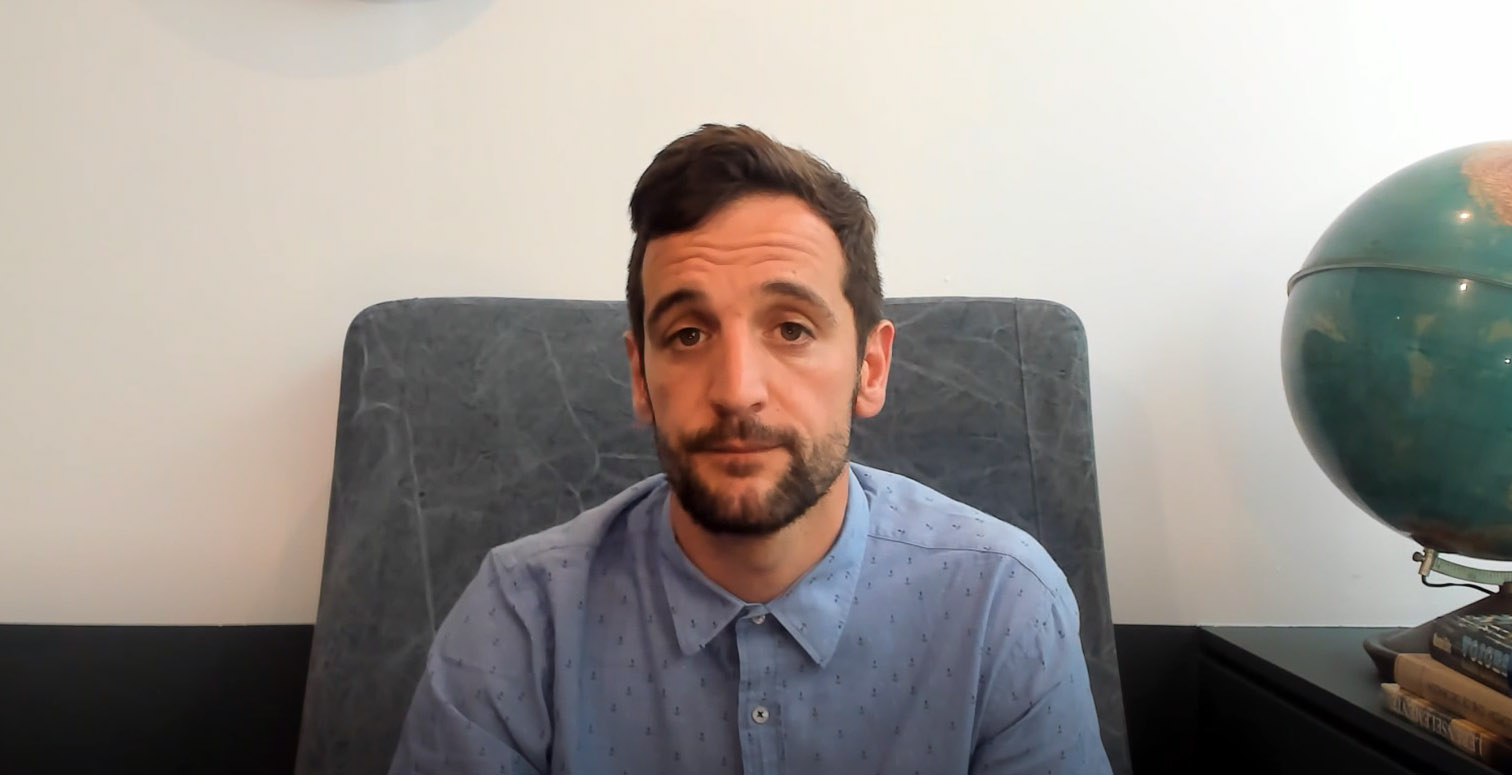

Why do banks not want deposits?
Right now, having money in your current account has become a problem: a problem for banks and a problem for bank users. The level of bank fees imposed on money kept in current accounts is disproportionate. They are charging us for having the money deposited and the only way to avoid paying this commission is to invest in one of their financial products: an investment fund, a retirement product… This is happening at most banks across Europe. Will we go back to hiding the money under a tile or the mattress?
Why do banks charge for deposits?
The answer is because negative interest rates are hurting the banks’ income statement. Therefore, having customers deposit their money in the bank generates a cost and no benefit.
Suppose we deposit €10,000 into our current account at the bank. The bank has to keep this money and have it available for you at all times. If there are 100 people who all deposit €10,000, the bank will have €1,000,000 in its hands. With this amount of money, the bank can do two things: either lend it, or keep it in cash. Lending it carries a risk, and keeping it in cash entails a number of costs, either due to the need for high-security storage, or the option of making a deposit with the European Central Bank.
Why do ECB deposits have a cost?
The deposit at the European Central Bank has a cost of -0.50% for banks. This means that, in order to deposit the million euros of the example, the financial institution would have to pay approximately €5,000 in cost.
The aim of the European Central Bank for maintaining negative interest rates is to push financial institutions to increase lending to businesses and consumers, and thus reactivate the consumer economy. The European Central Bank has also chosen to penalise savings with the aim of moving, investing, and spending money. The idea is to boost the economy and alleviate the continent’s meagre macroeconomic outlook.
However, due to the incidence of COVID-19, household savings have increased and, therefore, there has been an increase in liquidity, and the value of deposits has been increasing. Thus, due to negative interest rates, banks have had to pay large sums of money to deposit all this liquidity in the European Central Bank.
As banks get negative returns on liquidity, they no longer want to raise more money, and have stopped offering fixed-term deposits and remuneration in their accounts. Far from our reach is the financial memory of 2008, when the EURIBOR was above 5% and there were deposits that gave you 10% or 11% APR a month. Or others, which gave 7.5% APR in three months; or 5-6% deposits in the medium and long term. If one day we have such deposits again, it will be because the EURIBOR will have risen again.
Are the tile or the mattress back?
However, the solution is not to keep money inside the mattress or under the tile, as the loss of the value of money, due to inflation, also reduces our purchasing power. Right now, the solution to all this mess is a pretty complicated equation about what I want to do with the money saved, how long I want to keep it off, and so on. These and other questions can guide us on what we can do about it. But that’s a horse of a different colour.
11Onze is the fintech community of Catalonia. Open an account by downloading the super app El Canut on Android and Apple and join the revolution!






Suposo q ara tenir-los al banc ja ni generaran costos sinó beneficis
🤔🤔🤔
👍
Es difícil escollir el que fer davant d’aquest tarannà del BCE,esperarem que 11Onze ens ofereixi productes així que sigui possible
Doncs, sí que és així. L’elecció es fa difícil. Mentrestant, a La Plaça continuem formant-nos per a aprofitar amb bon criteri els propers productes i serveis que posarem a l’abast.
Bon article!
Celebrem que t’hagi agradat, Francesc!
Doncs ja ho sabeu, 11onze, el següent pas vostre potser ha de ser oferir productes d’inversió per a 3 o 4 perfils, de més conservador a més arriscat…
Tenim una colla de productes i serveis financers a punt de posar-se en servei per la nostra comunitat 11Onze. Cal estar atents a les notícies que anem publicant.
Gràcies pel teu suggeriment, Josep!
Es un món això
Ja ho pots dir, Marc!
Pel què sembla no doneu alternativa a altres bancs….segons el què es planteja és que només puc invertir….perquè no plantegeu la idea de dipòsits i per tant donar interessos pels nostres estalvis…..ja no pinta tant bé això.
Per altra banda…..què pot fer mun avi que no volun telèfon però li faria gràcia tenir un compte català? Fareu targetes físiques o mun avi es quedarà penjat….
Tot arribarà, Miquel; confia en 11Onze. I sí; tindrem targetes fisiques. No volem deixar ningú enrere!
Ja no saps què fer-ne amb els calers
El nostre objectiu i compromís és que tothom a la nostra comunitat podrà aprendre què fer-ne, per tal de prendre les millors decisions amb els seus diners. Gràcies per ser-hi!
👍👍👍
👌
Retirar certes quantitats d’efectiu, en moltes ocasions t’ho compliquen molt, tot i ser il-legal denegar-te’ls
Ben cert, David! I sembla que això encara anirà a més.
Doncs doneu-nos més càpsules informatives del que es pot fer amb aquest 4 “duros”
Mica en mica, anirem oferint contingut Laura. De tota manera, et recomano navegar per La Plaça, perquè hi ha alguns vídeos i articles que parlen d’inversió.
A la rajola 👍
No sembla que acabi de ser una bona opció tampoc, però t’ho fan plantejar. Gràcies pel comentari Laura.
Dons si es difícil que fer amb els diners estalviats
Fins i tot, invertir ens Fons d’Inversió de certs bancs t’ho fan dubtar, doncs cada banc tira pel seu propi terreny, no pas del client.
La veritat que si Alícia, és tot un món. 🙂